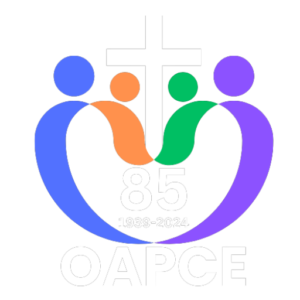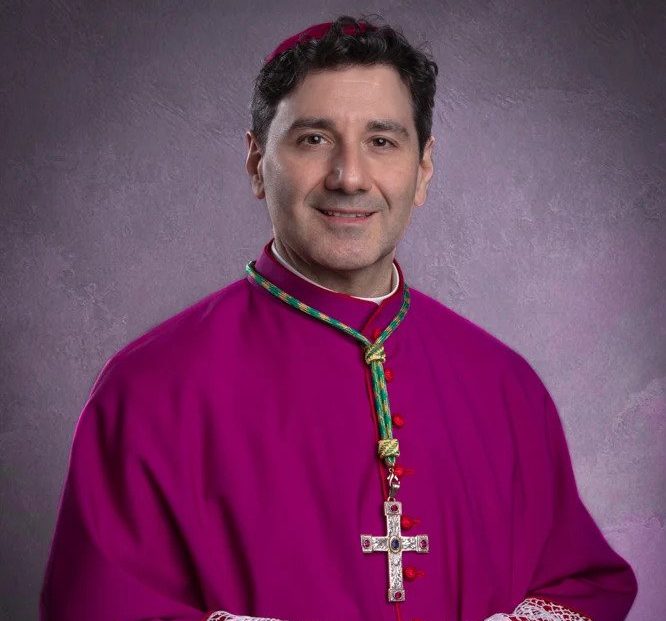Bishop Message
BISHOP MESSAGE OAPCE Fall 2023 message from the Liaison Bishop ✠ Yvan Mathieu, SM The school year that started a few weeks ago is an important milestone for the Ontario Association of Parents in Catholic Education (OAPCE). Founded in 1939, the Association is about to celebrate 85 years of existence. This is a unique occasion to reflect more […]



